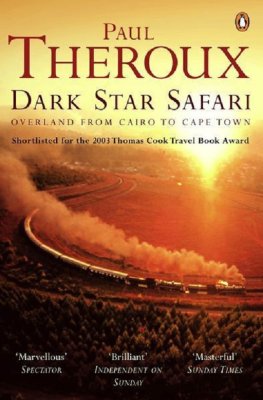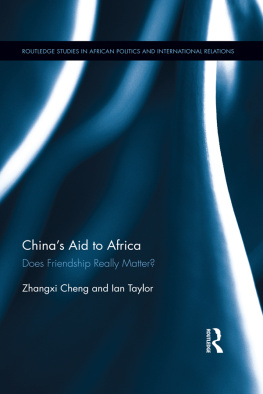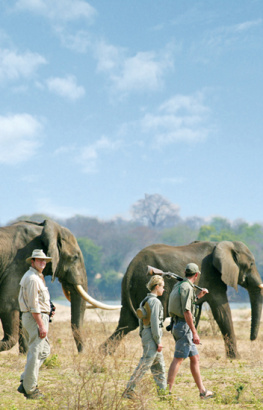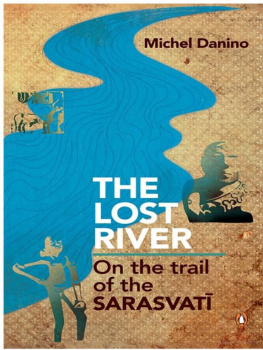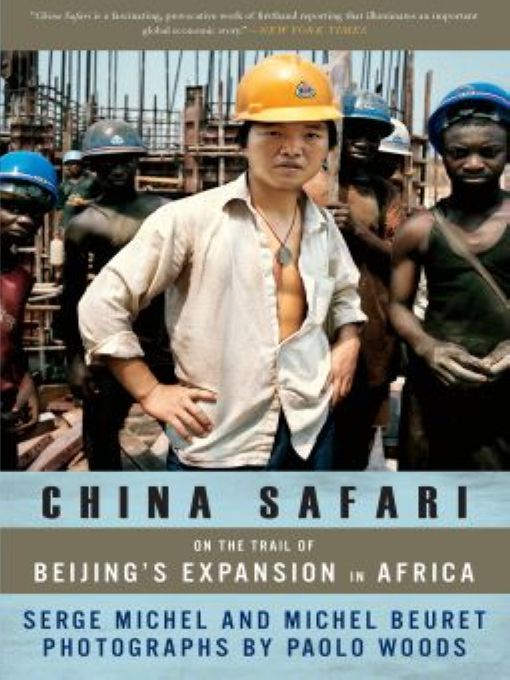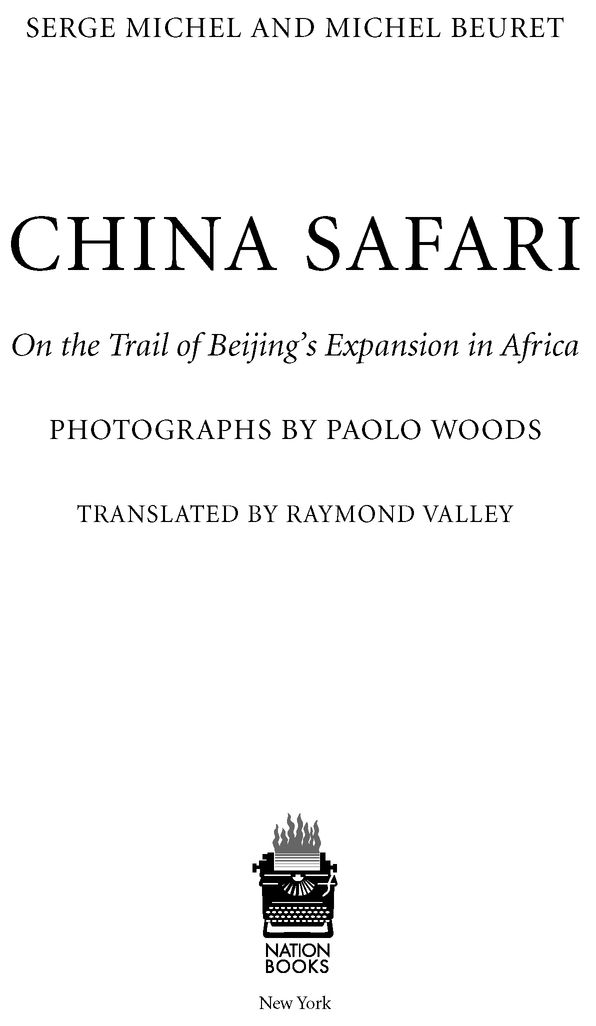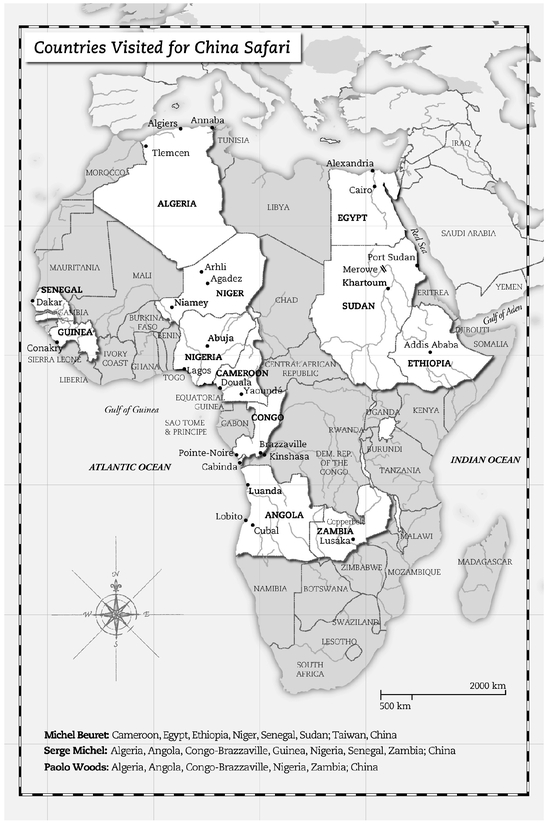Table of Contents
PRAISE FORCHINA SAFARI
A remarkable look at an urgent problem. Worth reading immediately!
Associated Press
The question is whether ordinary Africans will draw lasting benefit from this new association.... Accompanied by photographer Paolo Woods, Swiss journalists Serge Michel and Michel Beuret put in extensive legwork trying to provide an answer.... Michel and Beuret are admirably even-handed.
Washington Post
The strength of this book is the legwork. These guys go to places Americans have never heard of. They are nosy, sneaky and persistent.
Seattle Times
Through a witty narrative that at times becomes a first-person travelogue, the authors entertain while educating, revealing in the process the absurdities that come with reporting on the ground in Africa... [A]n admirable contribution to a story with broad geopolitical implications.
USA Today
A significant book that insightfully examines Chinas role in Africa, China Safari reveals not only the complexities of Chinese immigration to Africa, but also the political rivalries that result from it.... Recommended for all interested readers.
Library Journal
China Safari is a fascinating, provocative work of firsthand reporting that illuminates an important global economic story.
New York Times
China Safari tackles an important and largely underreported topic with an engaging and lively verve.... Mr. Michel and Mr. Beuret make an important contribution, without passing judgment, toward our understanding of Chinas intentions in Africa.
Washington Times
The authors of China Safari describe the ingredients that contribute to Chinas success in Africa... they bring their protagonists to life, describe their enthusiasm, their ardor for work, their discipline. And lets remember, by the way, that if economic power plays a role, it is the human factor that makes the difference.
Le Soir
An exceptional investigation!
Le Monde
[China Safari] forces us to come face to face with reality.
Non Fiction
This impressive investigation... allows us to get a glimpse of the phenomenon... precise facts, eyewitness accounts, characters and testimonies.
Le Point
The authors of China Safari chose the best method for these circumstances; they went to observe in person.... The result is a fascinating book, a fusion of reportage, analysis, and historical narrative.
Amina
The result is remarkable. This should be widely readespecially by the elite Africans who are, almost as much as the Chinese, the subject of this book.
Les Afriques
The information China Safari offers about the Chinese exploitation of African (and Chinese) workers is a hefty wake up call for those in the pursuit of global fair trade and environmental and human rights.... The authors leave no stone unturned. The amount of research they did for this book is staggering.
Feminist Review
The authors of China Safari are the first to show all the constructive seeds and destructive weeds currently working in the soil of this strange new union.
Curled Up With A Good Book
ALSO BY THE AUTHORS
Serge Michel
Bondy Blog: Des journalistes suisses dans le 93, avec la rdaction de lHebdo, Seuil, 2006
Serge Michel and Paolo Woods
American Chaos: Retour en Afghanistan et an Irak, 20022004, Seuil, 2004
Un Monde de Brut: Sur les routes de lor noir (with Serge Enderlin), Seuil, 2003
Michel Beuret
Dsirs de France: Quinze correspondants de la presse internationale nous regardent, ouvrage collectif, Michalon, 2007.
Prologue
People cant eat democracy.
Serge Mombouli, adviser to
Congolese President Denis Sassou NGuesso
While walking along a street in Brazzaville we are met by a lively group of Congolese children who have stopped their ball game to greet us. Whites in Africa are used to hearing Hello mista! Salut toubab! or Monsieur Monsieur! but these smiling children, lined up single file on the edge of the street, shout, Ni hao, ni haoHello in Chinesebefore going back to their game. These days Congolese kids assume that all foreigners are Chinese, and for good reason.
Fourteen hundred miles northwest, in a suburb of Lagos, Nigeria, the Newbisco factory sits like a scar on the landscape. The biscuit factory, British-built before independence in 1960, has had a succession of owners. In a country where oil-related inflation and corruption dampen other economic activity, the factory had always operated at a loss. By 2000, production had stalled, machinery was broken, and the storerooms had run out of ingredients. But then, on one April morning in 2007, the sweet smell of baking biscuits filled the air. Thousands of little cookies were pouring from four brand-new ovens onto conveyor belts and into boxes that were immediately sealed by a dozen female workers. This transformation is the result of the factorys sale to Chinese businessman Y. T. Chu. Newbisco now employs seven hundred people working shifts around the clock, producing 2,100 tons of biscuits per month. Chus smiling announcement that we barely meet 1 percent of Nigerian market demand hints at his ambitious expansion plans. The pristine new machinery and a large, well-stocked storeroom make it clear that for the first time in its history the factory is turning a profit.
Reporters often return from Africa with haunting images of starving children, interethnic conflicts, and meaningless violence. We have seen all this, but the images that stayed with us after intense trips to ten different nations are of a changing Africa, an Africa undergoing a transformation as momentous as decolonization: the children of Brazzaville cheering us in Chinese, Lagoss successful biscuit factory, or the new Chinese-built highway running across Sudan along which we traveled in the summer of 2007.
The highway was to have been a present from Osama Bin Laden, who was granted safe haven in Sudan after calling for a holy war against the Americans at home in his native Saudi Arabia in 1993. His plan was to replace the old, winding road between the capital and Port Sudan (stretching over 745 miles) with a new 520-mile highway. Following the U.S. embassy bombings in Kenya and Tanzania in 1998, Osama Bin Laden abandoned this grand project and left Khartoum for Afghanistan to pursue interests outside civil engineering. The Chinese came to the rescue, completing the road in record time, even adding a railroad track alongside the highway. Since the early 1990s Chinese companies have invested over $20 billion in oil wells, a refinery, and a pipeline that carries crude oil to Port Sudan, where Chinese tankers load up with 8 percent of Chinas annual oil imports.
For almost two years, we have traveled thousands of miles, from Beijing to Khartoum, Algiers to Brazzaville, to tell the story of what China is doing in Africa. The idea took form during at an impromptu meeting with Guineas late president Lansana Cont in October 2006. At that point Cont had not spoken to a foreign journalist for twelve years. Our meeting was his opportunity to provedespite rumors that he was dying and that his country was sliding into chaosthat he was still a political force to be reckoned with. The conversation was gloomy. The president labeled most of his ministers thieves, berated the whites who have never stopped acting like colonizers, and was despondent about the discovery of oil off Guineas coast, which would, in his opinion, fan the countrys already rampant corruption. However, at the mention of the Chinese the presidents face lit up.


